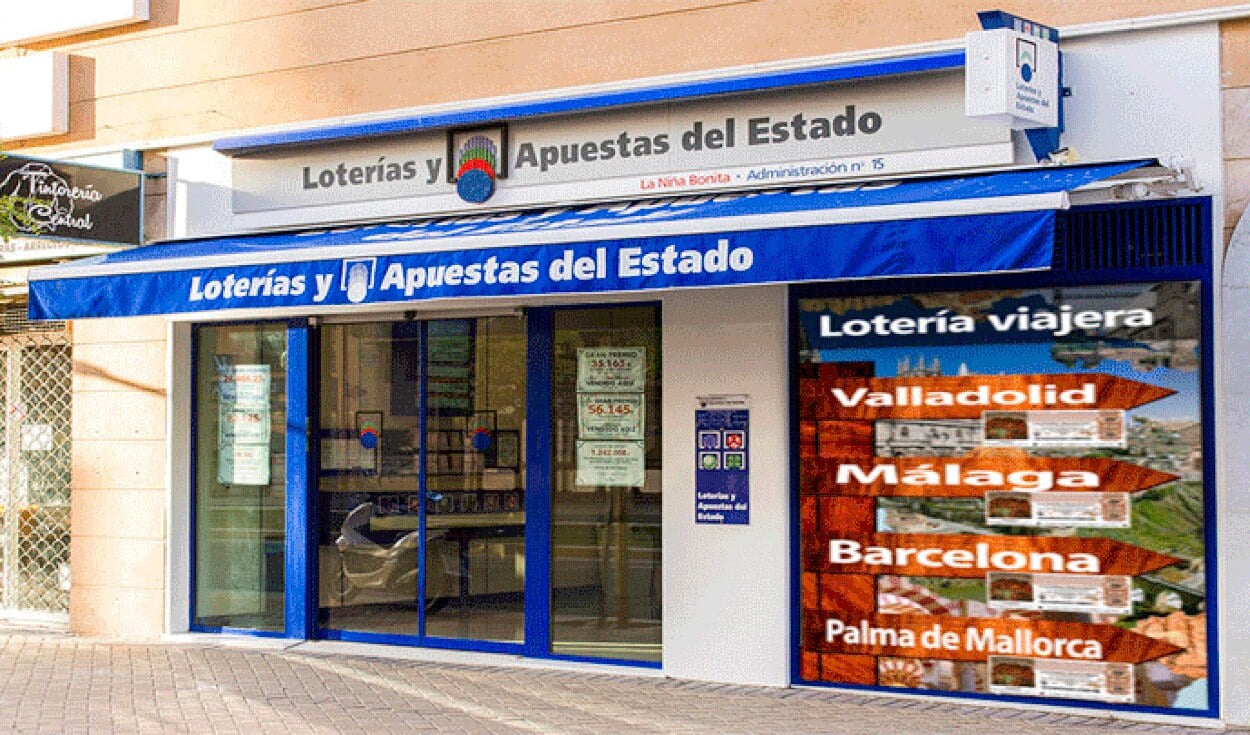Gambling Revenue Expected to be Substantial Part of Spain’s Budget in 2023
Posted on: November 10, 2022, 06:51h.
Last updated on: November 10, 2022, 03:57h.
Spain has seen a lull in gambling activity this year compared to 2021. But the downturn isn’t expected to last. The country’s government has put together its budget for 2023, and gambling revenue is projected to play a significant role in supporting its operations.

Government officials believe Spaniards will spend more money on gambling-related activities, including sports betting, throughout 2023. Figures included in the General State Budgets (PGE, for its Spanish acronym) project €9.22 billion (US$9.23 billion) in net proceeds.
That figure is just from the turnover of the State Lotteries and State Betting Society (Selae, for its Spanish acronym), the public operator of lotteries and games of chance that belongs to the Ministry of Treasury. It doesn’t include revenue the government receives from other gaming verticals.
If confirmed, revenues would exceed the figures before the outbreak of the COVID-19 pandemic by a slight margin. Gaming hasn’t played such a significant role in the budget in a decade. In 2013, it contributed €11.6 billion (US$11.6 billion).
10-Year High
If the figure holds, the profits reported by Selae, after discounting taxes and operating expenses, personnel, and other items, would be around €1.854 billion (US$1.85 billion). That, too, would break the ceiling it recorded during the pandemic.
Gambling is the main component of the aggregate profit of commercial companies and nonfinancial public business entities in Spain, with almost 80% of the weight. Previous studies have shown that the online gaming sector heads all eCommerce activity in the country.
Gambling operators will record a net result of €2.33 billion (US$2.33 billion) next year, according to projections. This is 55% more than the €1.49 billion (US$1.49 billion) budgeted for in 2022.
The government will get help from other areas, too. Selae could account for €1.85 billion (US$1.85 billion), or 79.5% of the total. State-owned air, port authority, rail operations, and others are projected to add around €1.11 billion (US$1.11 billion) combined.
Ramping Up With the Holidays
Selae hopes it can increase its gambling revenue starting this year. Starting Thursday, it’s launching its marketing campaign for the Christmas Lottery, one of the most popular lotteries throughout the entire year.
It’s a major activity that, for many Spaniards, commands the same level of excitement as watching the ball drop in New York on New Year’s Eve. This isn’t surprising – this year’s draw on December 22 will award €2.52 billion (US$2.52 billion) in cash.
Last year, sales for the Christmas Lottery exceeded €3.1 billion (US$3.1 billion), setting a new record. The draw is the most significant for Selae, representing more than 30% of the annual total collected from public gaming. It represents half of the national lottery sales for the whole year, according to the operator.
On average, each Spaniard spends around €66 (US$66) on the Christmas lottery. By autonomous communities, according to Selae, Madrid sells the most tickets, at €528 million (US$528 million). Next is Andalusia, at €448 million (US$448 million), followed by Catalonia (€412 million or US$412 million) and Valencia, at €379 million (US$379 million).
Related News Articles
Spain’s Q2 Gaming Revenue Dips as Gambling Reform Approaches
Land-Based Gambling Returns to France as Online Segment Sees Decline
Spain’s Gross Gaming Revenue Rises, Online Gaming Leads the Way
Most Popular
LOST VEGAS: ‘Tony The Ant’ Spilotro’s Circus Circus Gift Shop
Las Vegas Overstated F1 Race’s Vegas Impact — Report
Mega Millions Reportedly Mulling Substantial Ticket Price Increase
Las Vegas Strip Stabbing Near The Strat Leaves One Man Dead
Most Commented
-
End of the Line for Las Vegas Monorail
— April 5, 2024 — 90 Comments -
Mega Millions Reportedly Mulling Substantial Ticket Price Increase
— April 16, 2024 — 8 Comments -
Long Island Casino Opponents Love New York Licensing Delays
— March 27, 2024 — 5 Comments
















No comments yet